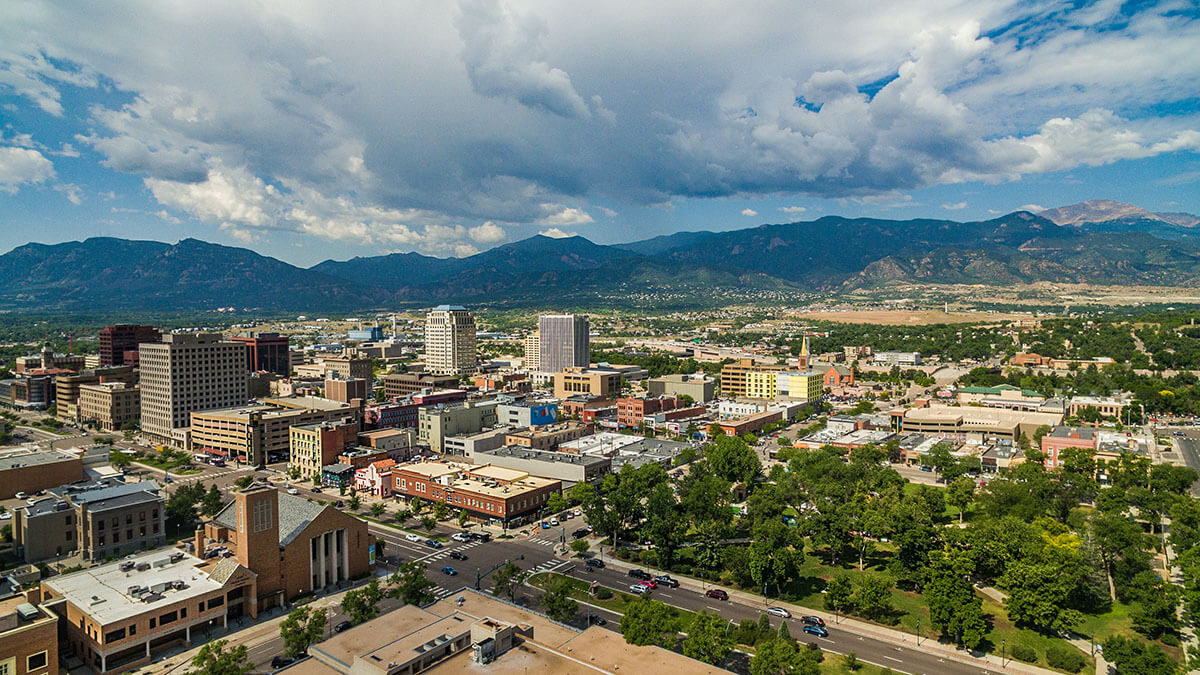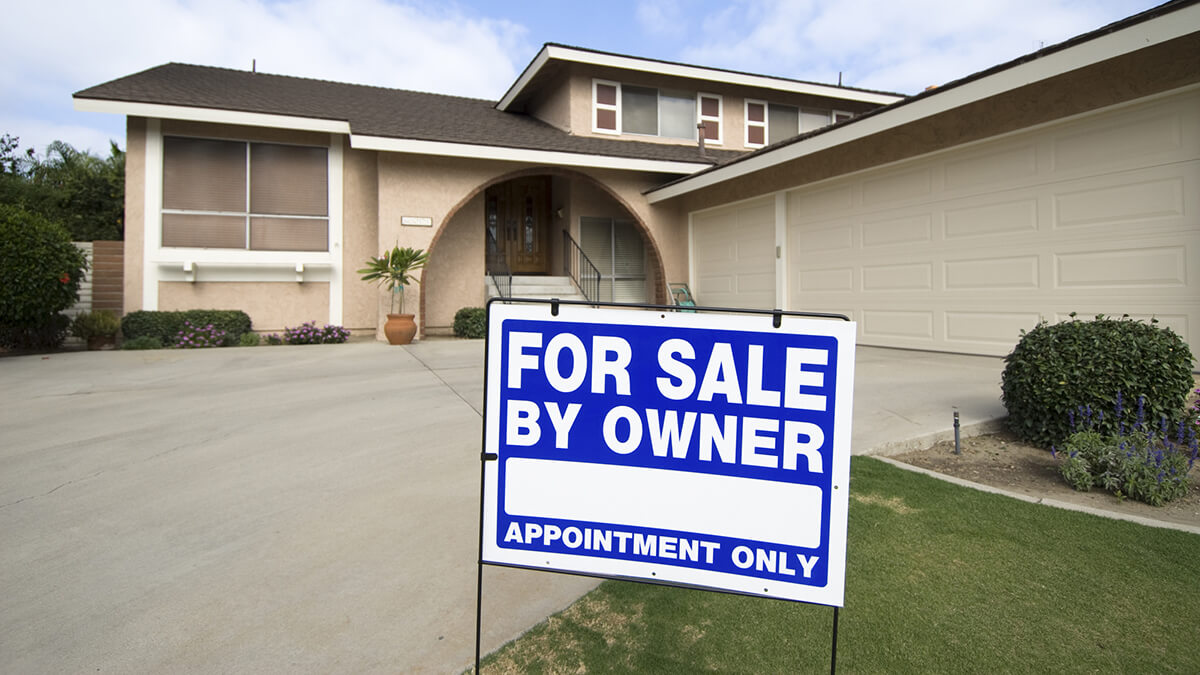If you’re planning to buy a home in Colorado, you’ll need to consider how much closing costs will be. On average, buyers in Colorado can expect to pay around 2.45% of the home’s final sale price. For a median home valued at $577,500 for example, this amounts to approximately $14,148 in closing costs.
To get a clear picture of what you’ll be paying for, this article will break down the common components of closing costs in Colorado, including credit report fees, loan origination fees, title search and insurance, escrow costs, and real estate transfer taxes.
If you’re looking to avoid the traditional fees associated with selling, consider selling to iBuyer.com. Our platform provides all-cash offers for a quick and hassle-free sale, guaranteed.
Closing Costs in Colorado
How much are closing costs in Colorado?
On average, sellers in Colorado can expect to pay 2.45% of their home’s final sale price in closing costs. For a $577,500 home — the median home value in Colorado — you’d pay around $14,148.
Closing costs are not part of a down payment, but they can be negotiated with sellers. Sometimes buyers and sellers will split the closing costs. In some cases, sellers may be willing to pay the closing costs.
Compare Cash Offers from Top Home Buyers. Delivered by Your Local iBuyer Certified Specialist.
One Expert, Multiple Offers, No Obligation.
While both buyers and sellers often pay closing costs, buyers tend to pay the lion’s share of them unless the seller is willing to make some concessions. Often, sellers are willing to negotiate on these fees in order to secure a deal.
Who pays closing costs in Colorado?
As mentioned, buyers usually pay most of the closing costs on home sales. Colorado is the 15th priciest state when it comes to closing costs. Because closing costs are separate from the down payment, buyers have to save up quite a bit of extra cash to ensure they can cover these costs when they close on the home.
What is included in closing costs?
So, what exactly do buyers have to pay for when closing on a home? If you’re facing a charge of $6,000 on top of your down payment, you should certainly have an understanding of what you’re paying. So, let’s break down closing costs. In Colorado, you should expect closing fees to include:
Credit report fees
In order to check your credit, lenders have to pay for a credit report. They will pass that fee onto you at the time of your home closing. If more than a single lender is involved in your deal, you can expect additional credit report fees.
Loan origination fees
It costs money to get a loan. Unless you can purchase the home outright without applying for a mortgage, you’ll wind up with loan origination fees. These fees typically account for about a percent of your loan amount. They pay for services that include setting up and processing your home loan application, for underwriting, and for processing the funding for your loan. If you were buying a house in Denver and your loan is for $450,000, you can expect your loan origination fee to be roughly $4,500. In some cases, the fee may be lower if the lender charges a half percent of your home’s value when assessing its fees.
Title search and title insurance
Before you can complete a property sale, a title company must conduct a title search to ensure that the property is free and clear of any liens and is unassociated with any current lawsuits. These fees can vary depending on the property and complexity of the search. The fee could cost several hundred dollars and will cover at least the last three decades of the property’s ownership.
Once the title search has been completed, your lender will stipulate that you pay for title insurance as an important safeguard. If the title company missed an issue, the insurance acts as protection so that you aren’t forced to deal with a sticky–and expensive–situation. Often, sellers in Colorado will pay for title insurance, but that’s not always the case. Like all closing costs, title and title insurance costs may be negotiated between buyers and sellers.
Escrow costs
It’s a matter of sense that you wouldn’t pay a seller any funds until your contract is sealed and you’ve both lived up to your end of the bargain. The funds you will pay the seller can be held in escrow by a neutral third party. The party will not release your funds until the contract is finalized. This results in yet more fees that buyers and sellers are expected to pay. Often, buyers and sellers will split the escrow costs in Colorado.
Generally, the escrow account will be the title company. It can guide you through closing measures after executing their title search. They will be present on the day of closing to sign off on paperwork as well. The title company offers various services but it’s worth noting that some title companies charge higher rates. So, you might want to research title companies and their fee structures. Some will base their rates on a percentage of the home’s selling price. Others charge a flat fee.
Real estate transfer tax
In the U.S. there are 13 states that include real estate transfer taxes as part of mandated closing costs; Colorado is one of these states. When a seller transfers a house to a buyer, transfer taxes have to be paid to both local and state governments. You may see this fee listed as real estate transfer tax, deed tax, stamp tax, or mortgage registry tax. You may also be expected to pay an additional recording fee of the property transfer depending on the county where the home is purchased.
If you’re concerned about the transfer tax, you can contact the county to find out what they’re going to be. There is a law in Colorado that states that real estate transfer taxes can not exceed more than 2% of the home’s purchase cost. Often, buyers and sellers will split transfer taxes, but that’s subject to your negotiation.
Homeowner’s insurance
Lenders require lenders to carry mandatory home insurance coverage. This protects your investment in any case. At the time of your closing, most insurance carriers expect to be paid a full year or 6 months worth of coverage. It’s an expense that cannot be added to your financing. Also, you may want to include extra insurance if you purchase a home in an area that is prone to flash flooding or forest fires. Some types of coverage are not included on standard home policies.
Attorney fees
Not all buyers and sellers hire attorneys to represent them during real estate deals. In Colorado, using attorneys in these transactions is not required. However, many people do engage attorneys to oversee contracts for added protection. If you do hire an attorney, you should expect to pay their fee during the closing of your house. The amount you can expect to pay varies considerably depending on the attorney and how much they charge per hour and how many hours of their time your deal requires. On the other hand, some attorneys may charge a flat fee for these types of transactions.
Property taxes
Fortunately for homeowners in Colorado, property taxes in the state are among the lowest in the country. For example, the property tax rate in Fort Collins is 0.655%. If you own a home worth $300,000 in the city, you would pay $1,965 per year in property taxes.
At closing, you can expect to be charged a prorated amount. The taxes are assessed each April. Consequently, the amount you’ll be required to pay depends on the month you purchase your home.
Surveying fee
In Colorado, hiring a surveyor isn’t mandatory so these fees may not be applicable for you. However, if you’re purchasing a large property, you may want to hire a surveyor to confirm your property lines. If you choose to do so, you will pay the surveying fees when you close on the home.
HOA fees
Homeowners association fees may also not be applicable depending on where you buy. If you purchase a house within the jurisdiction of an HOA, you will have to pay HOA fees at closing time. About 40% of Coloradans own property within an HOA’s governance. These fees can vary greatly so be sure to find out about them well in advance of your closing date so you can be prepared to pay them. Naturally, you should also want to know what you’re getting for this fee. Many buyers investigate the HOA services and amenities before making an offer on a house.
Appraisal and home inspection fees
Buyers and sellers also have to pay home appraisal fees (lenders invariably want to have this information) and home inspection fees. Together, these fees will account for about $317. Both services are crucial. It’s important to know the home’s value as well as if its essential systems are functioning properly.
Remember that you can negotiate closing costs. Guess what–you can also avoid most of them by selling your house for cash to iBuyer.com. These fees can add up to a substantial amount. If you’re inundated with fees and want to find an alternative process for selling your house without all the expensive drama, contact us to learn more about our no-fuss selling solutions.
Visit our home page, submit your home address, and we’ll send you a cash offer. Then, decide if you want to accept our offer. It’s that simple–and fast!




